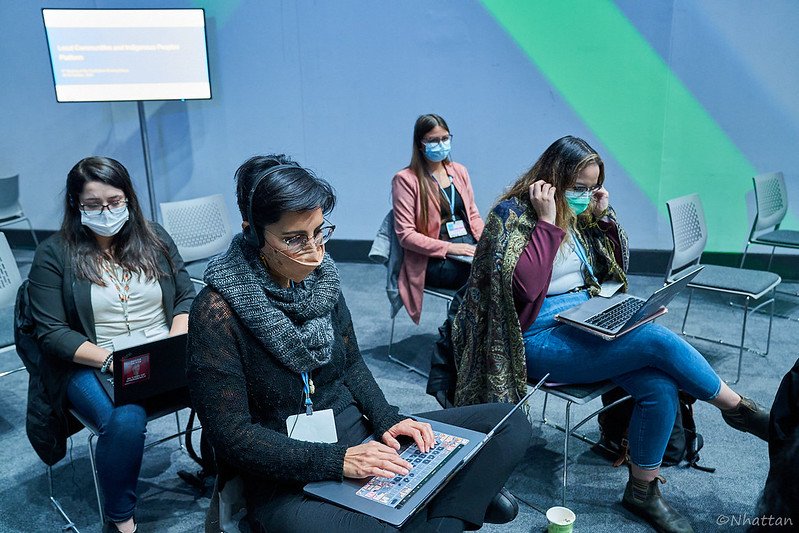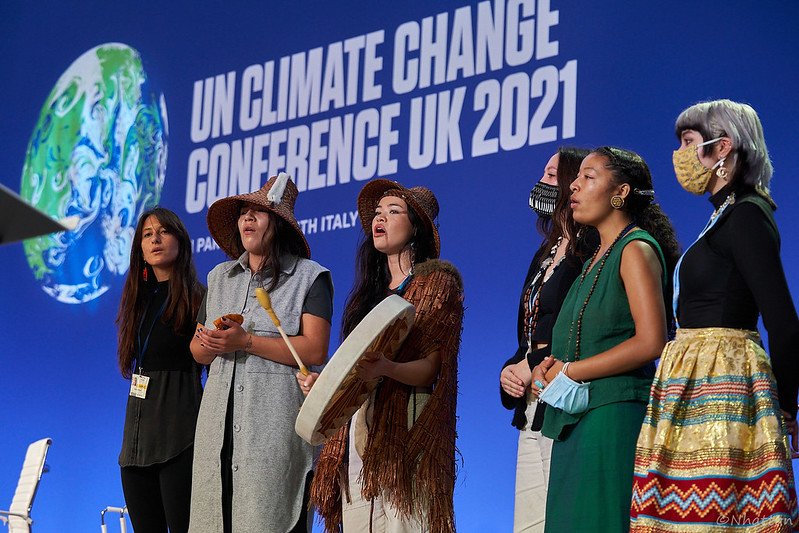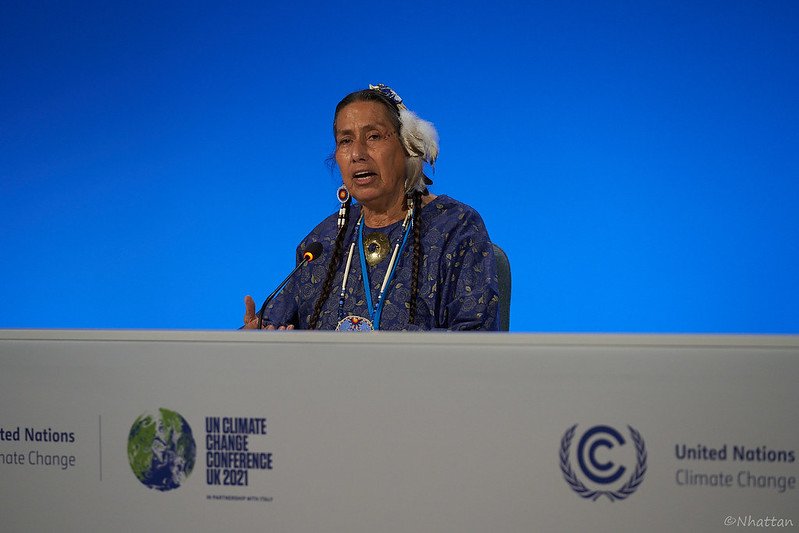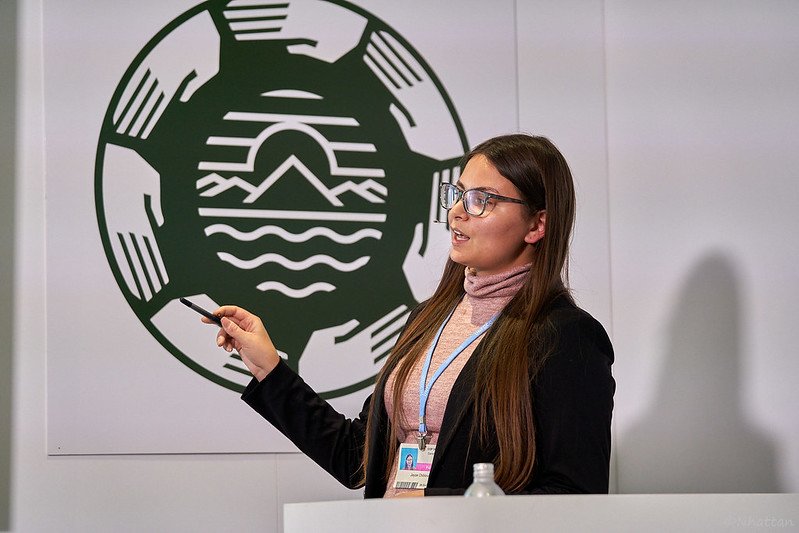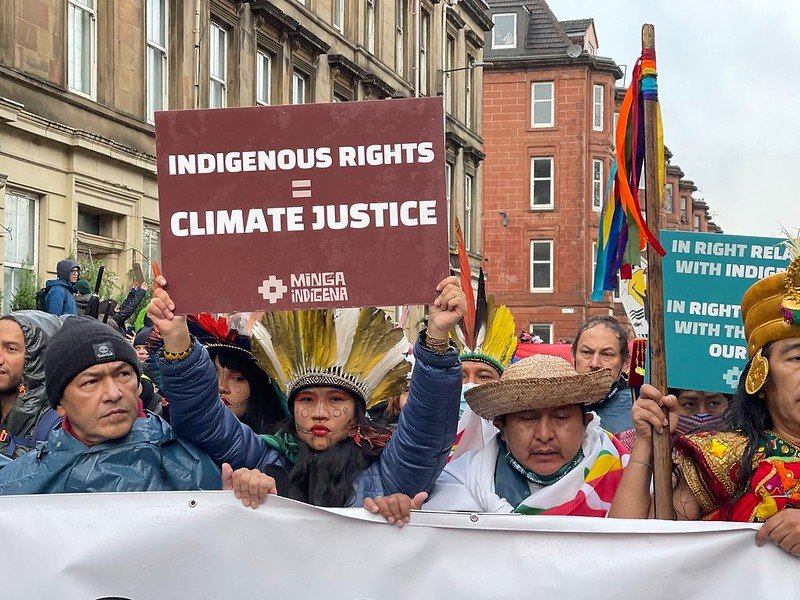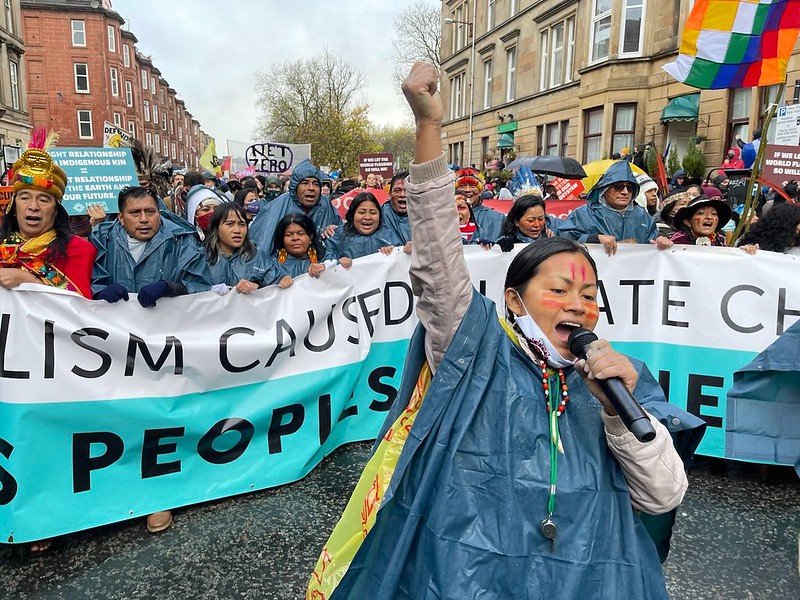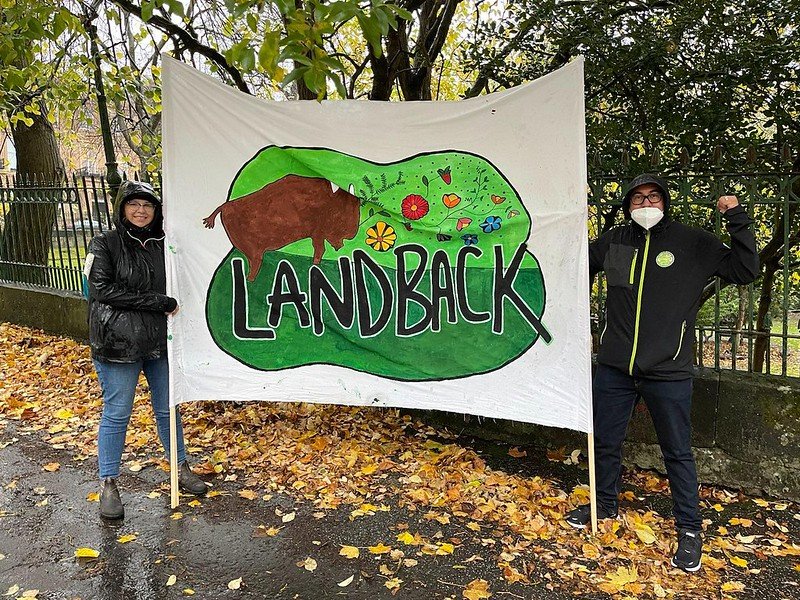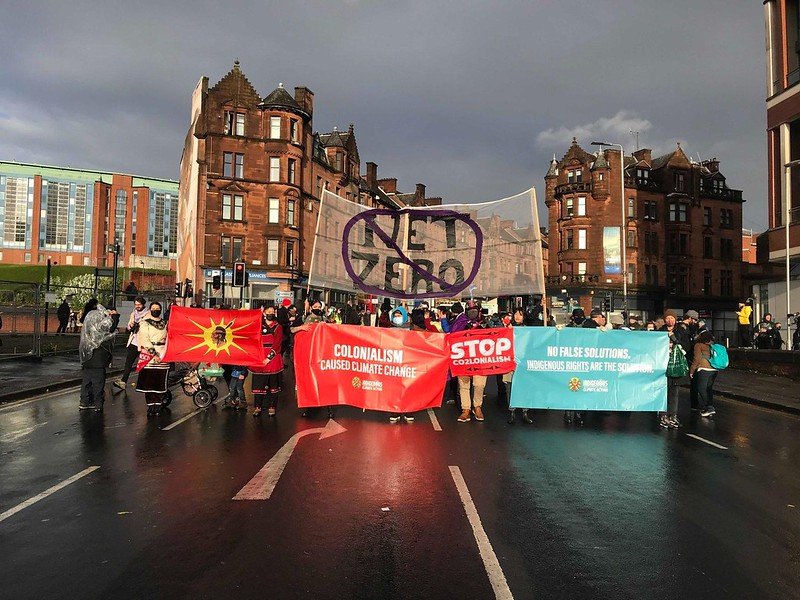ICA is heading to Egypt for COP27
In the coming weeks, Nation States will come together once again to negotiate our lands, our waters, and our collective future.
As the need for real climate solutions increases, so does our sense of responsibility as an Indigenous-led climate justice organization to show up at strategic moments and demand the long standing justice deserved to our people.
Continue reading below to learn more about ICA’s participation in these negotiations and how we plan to bring the needs of our communities to this international stage.
What is the UNFCCC & COP27?
The United Nations Framework Convention on Climate Change (UNFCCC) is an international response to climate change. It is an agreement between 198 Nation States to outline obligations for how to combat climate change. It was signed at the Earth Summit in Rio de Janeiro in 1992 and came into force in 1994.
Under the UNFCCC process, the United Nations began hosting a yearly UN Climate Change Conference to serve as the formal meeting of the UNFCCC Parties (Nation States) and became known as Conferences of the Parties (COP). The first meeting was held in Berlin in 1995, known as COP1. This year, the COP27 for UNFCCC will be hosted in Sharm El Sheikh, Egypt from November 6-18.
The UNFCCC was established before the affirmation of the United Nations Declaration on the Rights of Indigenous Peoples (UNDRIP), and thus advocates for Indigenous rights and sovereignty have had to work extremely hard to ensure Indigenous leadership is heard with respect to creating climate solutions.
Why invest time and energy into COP?
As the only Indigenous-led climate justice organization north of the medicine line, we have a responsibility to stay involved, informed and active in international spaces where global colonial leaders are negotiating plans and actions that directly impact our lives, our rights and our culture. Bottom line, no decisions about us without us.
These spaces have historically treated Indigenous peoples as stakeholders with no more rights than environmental non-governmental organizations (ENGO) despite decades of legal challenges and UN declarations that support otherwise.
In contrast, the oil and gas industry invests millions to seed doubt about real solutions and champion their corporate interests despite being the leading perpetrators of climate change.
Over the last three decades, Indigenous peoples have been advancing some of the strongest climate policies rooted in our rights, language, culture and identities - deepening a collective appreciation for natural law and the importance of living natural systems as critical to survival on this planet.
Over the last six years, there has been progress to include Indigenous peoples and our knowledges into international climate policies, but this process is still lagging while false solutions like carbon offsets and short-term technical fixes like nuclear power and carbon capture and storage -' continue to be pushed with detrimental impacts to our communities and our lives.
What will ICA be doing at COP27?
Holding our community close to our hearts, ICA’s COP27 delegation will be adding to the ongoing work of the many Indigenous peoples who have participated in past COPs to influence policies, build strategic partnerships, and challenge narratives that uphold systems of colonial violence.
We will use this space to advocate for the sovereignty and self determination of our communities to be key decision makers and leaders for climate solutions in these spaces and in our own communities.
ICA will be participating inside the negotiations space through the Indigenous Peoples Caucus - a relatively new body within the UNFCCC that was established in 2008 to support Indigenous peoples from around the world to engage in the global forum.
Our team will also be participating in key events at the Indigenous Peoples Pavilion and in the Canadian Pavilion to amplify calls for climate justice and ensure Indigenous rights and sovereignty are upheld for the long-term health and safety of our community members.
ICA is also working closely with sovereign community delegations and sister organizations that include Indigenous Environmental Network, NDN Collective, Native Movement and the many strategic allies within It Takes Roots, Climate Justice Alliance, and Just Transition Alliance to take action at strategic moments that influence the international discussions and leverage international attention.
We have identified overarching goals for our participation in these spaces as well as key goals for this year’s delegation:
Overarching Goals
To uphold Indigenous rights and sovereignty
To leverage international attention on Indigenous struggles & issues
To support climate justice solutions
To be in solidarity with global allies
To hold Canada accountable
COP27 Goals
Develop an analysis on Canada in regards to climate change & Indigenous rights
Build ICA’s global solidarity through engaging with global allies
Produce meaningful communications, actions, and engagement that connects with grassroots community members at home in COP27 work
Seeding a call to action for participation in Montreal at CBD-COP15
ICA is also working closely with the It Takes Roots coalition this year and will be focusing on three areas:
Climate Reparations (Loss & Damage)
Focus on Indigenous and frontline communities who have historically been most harmed by colonial economies driving the climate crises
Repair our relations with the land and each other, investments that go directly to communities, and Land Back
Human Rights & Indigenous Peoples Rights
Centre the collective voices of Indigenous and frontline communities most harmed by climate chaos
Prioritize the right to self-determination over settler colonial governments advancing corporate agendas
Community Leadership, Not False Solutions
Uplift Indigenous knowledge, place-based leadership and local ecological practices to effectively tackle climate chaos
Refuse false market-based schemes that are based in capitalism and often cause or worsen the climate crisis
Eriel Tchekwie Deranger, ICA’s Executive Director:
I have no interest in trying to change the minds of colonial governments, but to participate and stand up in solidarity with the global Indigenous peoples movements in protecting Mother Earth for future generations by obstructing false solutions and so called climate policies that only serve corporations, white and settler communities and ongoing colonialism and predatory capitalism. By taking up space, calling out false solutions, and demanding the reinstitution of our legal rights as Indigenous peoples we are working towards a decolonial and climate just future for all.
How can I learn more?
ICA will be keeping everyone updated through our COP27 webpage and social media channels!
We also invite you to check out our coverage of previous COPs and other resources that relate to ICA’s goals below:
How can I get involved?
We invite our relatives back home to join in with our delegation as we head to Sharm el Sheik, Egypt to attend the UNFCCC - COP27. Stay tuned for updates on our social media and step up for calls to action that uplift the longstanding work of land defenders, water protectors, and knowledge keepers and center the rights and sovereignty of Indigenous peoples as solutions to the consequences of colonialism that has led to this time of climate chaos.



